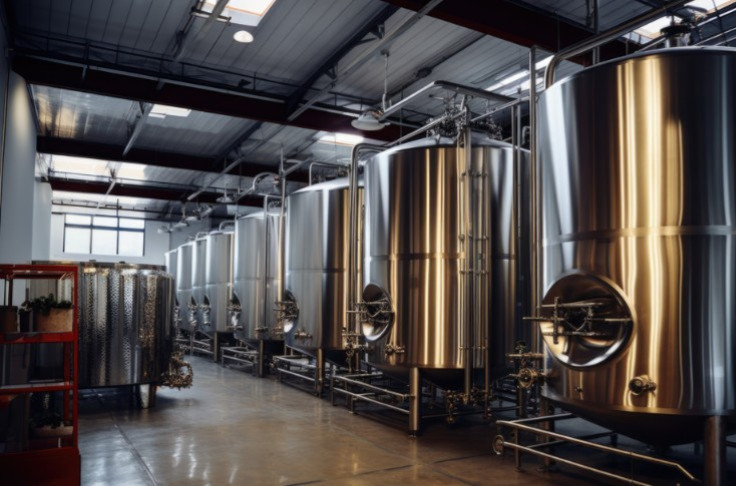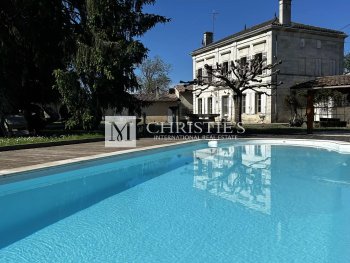Organic de-alcoholised wine could soon be authorised in the EU

ue to the fact that the EU’s organic Regulation 2018/848 does not list any processes for reducing alcohol content, de-alcoholised wines produced in Europe cannot be certified organic. Germany was the first Member State to grasp the nettle last year, requesting that the European Commission examine vacuum distillation.
The independent group of experts tasked with providing advice on organic production (EGTOP) gave the go-ahead, suggesting distillation be added to point 3.3 of Part VI of Annex II to Regulation (EU) 2018/848, listing vacuum evaporative techniques among permitted practices, exclusively for the production of totally de-alcoholised wine, provided that the limitations in terms of temperature (75°C) and filtration pores (not smaller than 0.2 micrometres) are fulfilled. On August 23, the Commission issued a delegated act which is open for consultation until September 24.
“Considering that membrane techniques are already authorised, if the act is passed, organic winegrowers will have virtually every tool at their disposal to de-alcoholise wine, with the exception of osmosis which is only authorised for chaptalising must”, explains StĂ©phane Becquet, technical and scientific director of the Aquitaine organic winegrowers’ organisation.
After September 24, the European Parliament and Council will have two months in which to voice objections, in the absence of which the delegated act will be passed. Becquet stresses that the delegated act proposal only refers to total de-alcoholisation. “Partial de-alcoholisation is not on the agenda for organic wine, though a huge amount of work on this has already been done by conventional winegrowers, mainly for PGI and PDO wines”, he warns.






